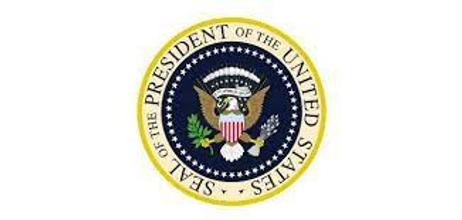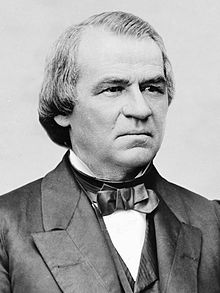A tragedy like Newtown or Parkland could never happen in a private school, right? I certainly hope that it never does, but there are no guarantees. There are so many variables to consider in all of the mass shootings that have occurred since the Columbine attack in 1999 that it would be foolish to say that such events could not happen in a private school. Statistically, the odds of such an event are low. However, when it comes to the safety of our children, it is simply unacceptable to gamble. We, as parents and school administrators, must take steps to prevent disaster from occurring on our watch.
Equally unforeseen are natural disasters such as tornadoes, flooding, and earthquakes. Granted, certain regions of the country are more prone to these events than others. But you only have to read the news reports to realize that things can and do happen when and where you least expect them to.
So, against this gloomy backdrop, let's look at what private schools can do to protect their communities.
Protection
As I researched this article, I was impressed by the number of organizations that my search string "emergency response policy and procedure for schools" produced. You will find plenty of relevant and useful reading when you use a search string with a narrow focus.
As Benjamin Franklin wisely noted, "A pound of prevention is worth a pound of cure." While Franklin was referring to fire prevention, his






 17 - Andrew Johnson
17 - Andrew Johnson 18 - Ulysses S. Grant
18 - Ulysses S. Grant



















